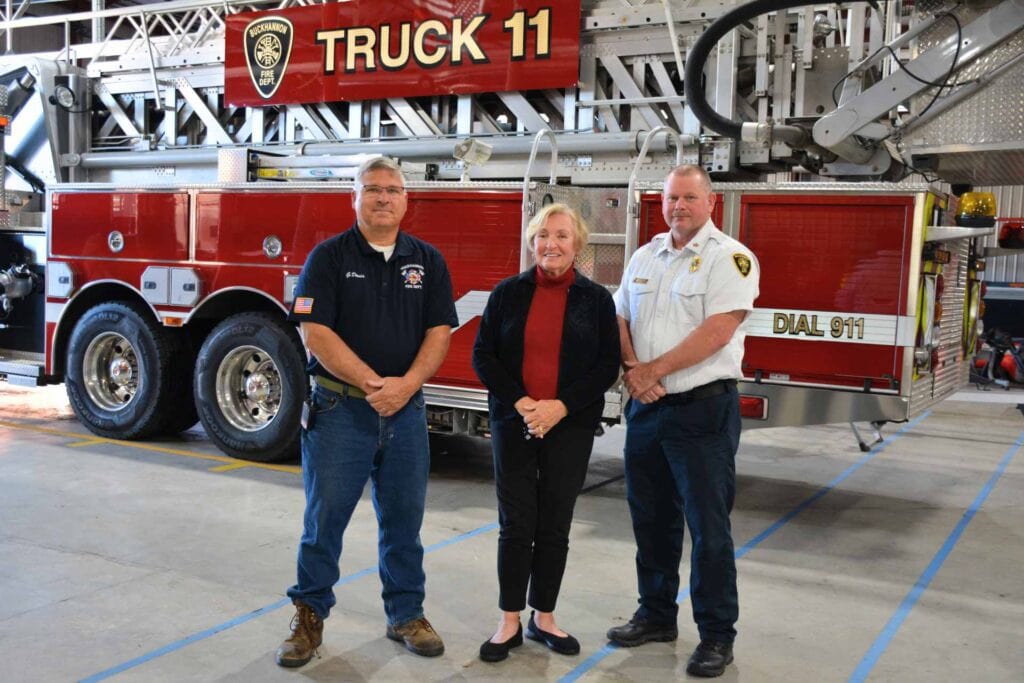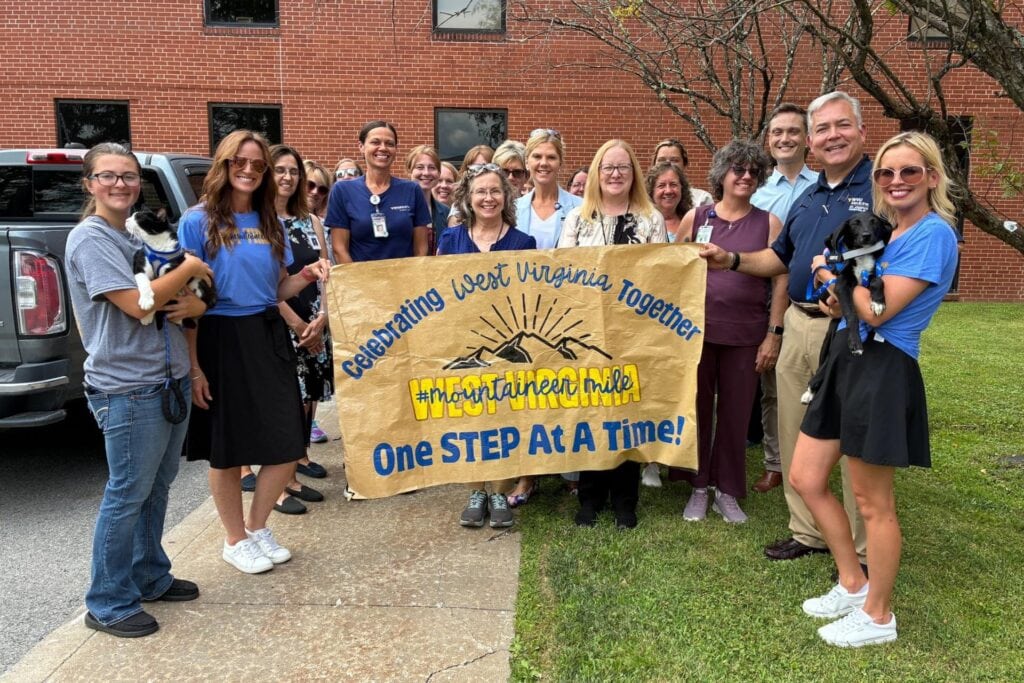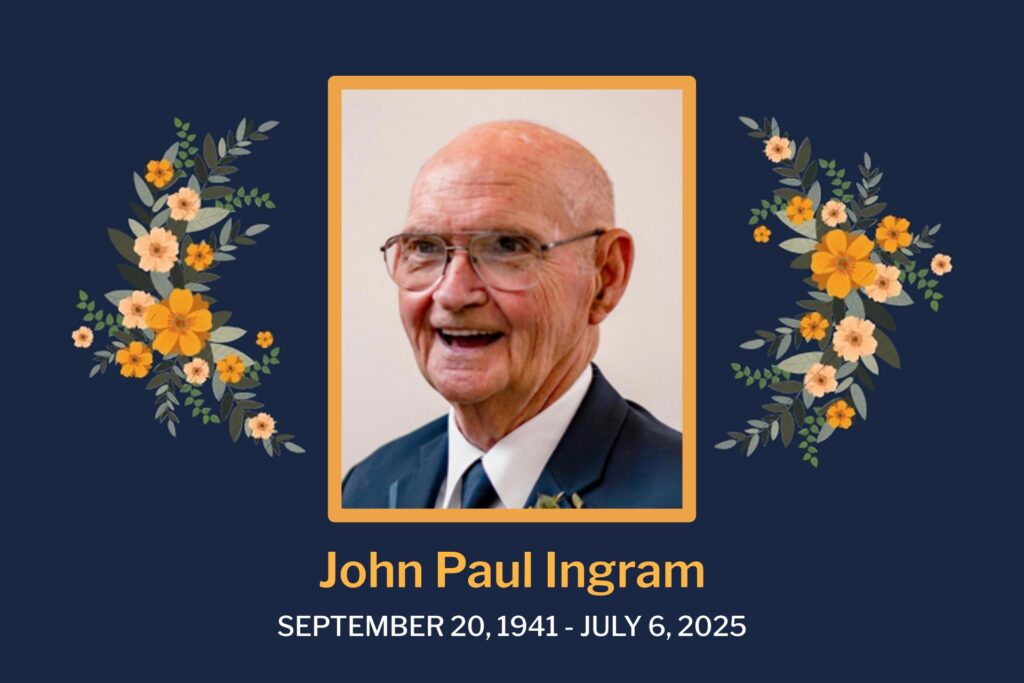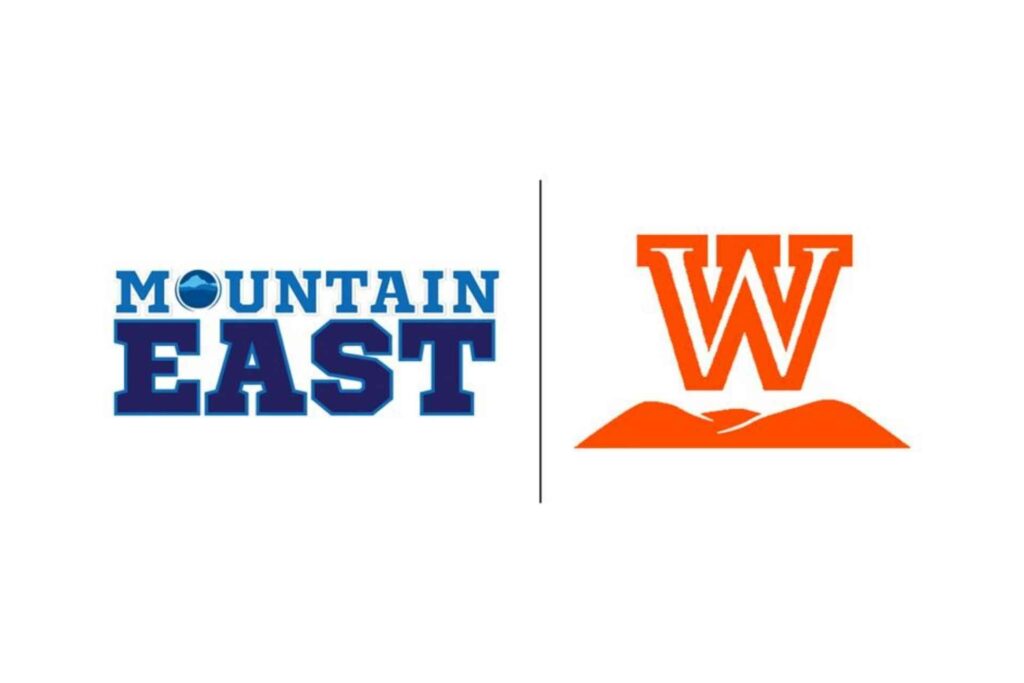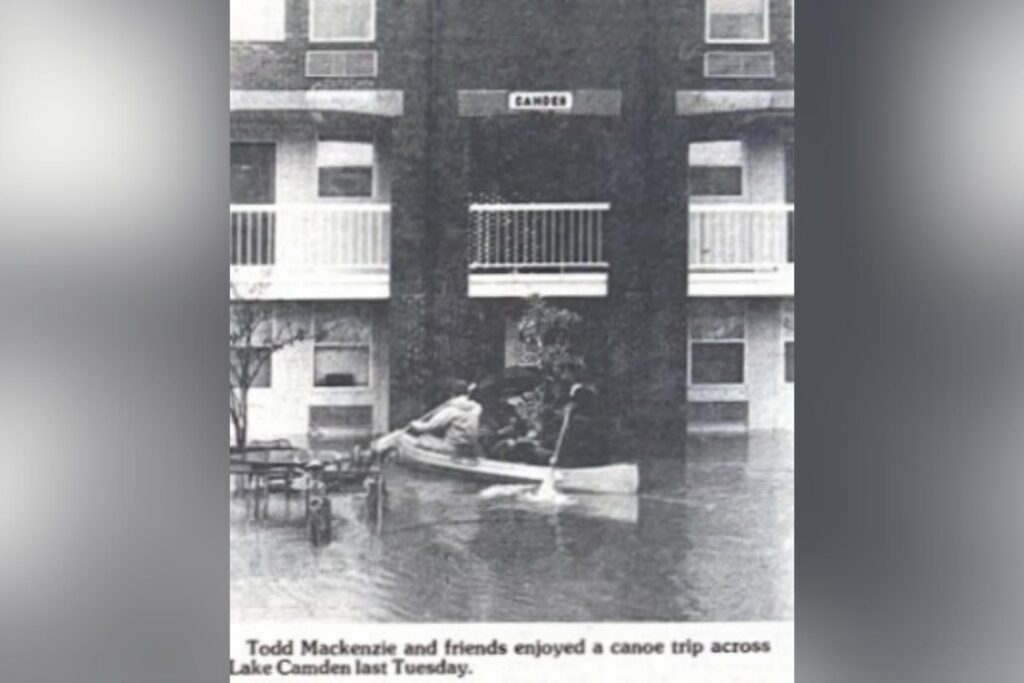BUCKHANNON – Connie Davis finds nothing more admirable and rewarding than volunteering.
But, in her opinion, volunteer firefighters are a different breed.
“There’s nothing like volunteerism, but these volunteers are different,” Davis, the mother of Buckhannon Volunteer Fire Department Captain Glenn Davis, said. “These are the guys and gals that run toward things that other people run away from.”
That belief motivated Davis – a self-described “old teacher” and leadership analyst for the Gallup organization – to donate $4,500 to the Buckhannon Fire Department just last month.
The money will be used to pay tuition for middle management staff at the city fire department and other first responders across the region, enabling them to enroll in the virtual John Maxwell Leadership Academy — a course Glenn Davis and Buckhannon Fire Chief J.B. Kimble are currently taking.
The virtual leadership course, which spans 12 weeks, is part of the peer-based mental health crisis response network coordinated by Battalion 1 Consultants, a team of Fire and Life Safety professionals dedicated to enhancing the health and safety of organizations and communities, according to its website.
The regional peer-based mental wellness response network was established in the region by the city fire department in conjunction with the Upshur County Commission and first responders in Lewis and Randolph counties, Kimble explained.
“[Completing the Maxwell Leadership Academy] is part of our mental wellness program,” Kimble said. “Several members of our department are currently taking a John Maxwell Leadership course, along with 15 other people from our regional mental wellness program.”
As the class progressed, Kimble and Glenn Davis realized the value of the class not only for its upper echelon but also for its middle management personnel.
“Through this process, our group recognized the need for succession planning and getting our middle management people the same experience with this class as we’ve had,” Kimble said.
Tuition was costly, though, but Connie Davis was ready to write a check for 20 additional BFD members/first responders in the region to enroll in the course.
Davis presented the check on Oct. 31 to Buckhannon Fire Chief J.B. Kimble and her son, Glenn.
“I admire these guys so much that when I heard they were doing leadership training — I’m an old teacher and an old leadership analyst for the Gallup organization – and I work with leaders all around the country and some from all around the world, I was so impressed and enthused,” Connie Davis said.
“I know from leadership studies there is one in-born trait that leaders must possess, and that is courage,” she added. “And these guys have it, or else they wouldn’t be doing what they do, so I am happy to be able to support the creation of a program that will train more firefighter leaders in this area.”
Kimble said leadership skills are vital to promoting mental wellness within any organization.
“People don’t realize that in our mental wellness program, leadership is the first goal,” he said. “If the leader doesn’t believe in what we’re doing, nobody else will, so you have to create that leadership mindset and culture change.”
Honing critical leadership skills helps organizations assign people tasks they excel at and reassign or dispense with tasks they don’t, Connie Davis said.
“Two things are coming out of this, and number one is a common language,” she said. “Not everybody has every leadership attribute, and you learn to be at peace with yourself and to delegate the things you don’t do well to somebody else. Some things you can slough off because they don’t really matter but growing that common language and common understanding with each other in this process is so important.”
Fire department personnel view the leadership course as a recruitment and retention tool, Glenn Davis said.
“We hope people are going to last longer with our organization and stay healthier, and we’ll also be able to teach about the healthy parts of being a firefighter,” he said.
Kimble said discussions in the current course have been fruitful.
“It brings everybody together, and the instructor brings up questions for discussion, and a lot of times, the discussion goes off script, which is great because everybody feels like they’re free to talk,” the fire chief said.
Glenn Davis said attendees bring actual issues they’re dealing with to the discussion.
“We also talk about real-life situations that we’re all dealing with, and so people tell you, ‘Hey, this is how I handled it, or maybe you have the chance to ask, ‘Hey guys, I need help, how should I handle that?’”
The goal of the leadership course – and, ultimately, the mental wellness program – is to spur a cultural change where first responders feel comfortable leaning on one another and external resources when they’re struggling.
“It just creates that culture change around the region,” Kimble said. “In the old days – and Glenn can attest to this – we never even thought about mental wellness. You’d go home, and firemen were drinking and getting divorced, so now we’re looking at a different process. We need to take care of our own people.”
The fire chief stressed the importance of leadership training for volunteer firefighters.
“[Our volunteer firefighters] drive our trucks; they’re on our insurance, so we need to put something in place not only to take care of our career staff but also of our volunteers,” Kimble said. “And if our community sees that we’re taking care of our volunteers, they’re more likely to like, ‘I’d like to be a part of that.’”
